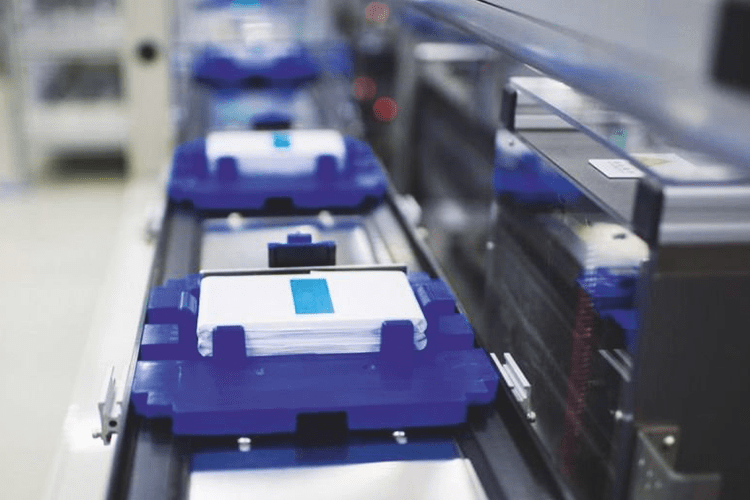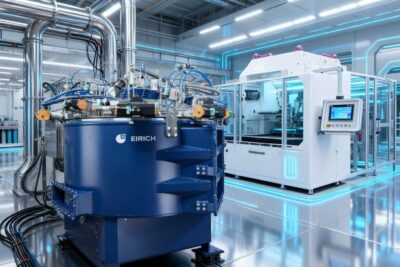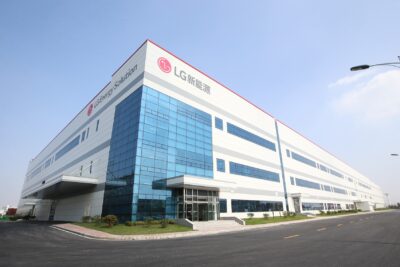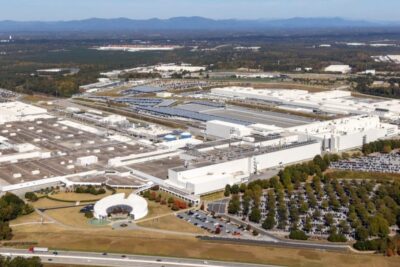CATL breaks ground on Indonesian battery plant
The groundbreaking ceremony for CATL’s Indonesian plant was attended by federal and state ministers. Officials reiterated that the factory will be expanded to a production capacity of 15 GWh, while the government added that it is also aiming to extend operations to include the production of stationary storage batteries.
Indonesian Energy Minister Bahlil Lahadalia said, “With the battery for solar modules, the total production capacity of this plant could reach up to 40 GWh,” noting also that talks with the project owner were still ongoing. Officials confirmed that battery cells produced at the plant will be sold both domestically and on foreign markets.
The CATL battery factory in Indonesia is being undertaken by its subsidiary CBL International Development. On the other side of the joint venture is IBC – a state-owned company that aims to establish a battery supply chain for electric vehicles in Indonesia. Domestically, IBC is often referred to as Industri Baterai Indonesia (IBI). We first reported on CATL’s battery manufacturing ambitions in Indonesia at the end of 2020.
According to local media, the Karawang facility will span an area of 3000 hectares (or 30,000 square metres). The production project is expected to create 8,000 new jobs onsite and drive the development of 18 key infrastructure projects, including a multipurpose port.
Indonesia is home to a large proportion of the world’s nickel reserves. The Indonesian government is keen to attract investment from the electric vehicle sector. The government in Jakarta is developing these raw material deposits in conjunction with adjacent inland industrial processes, such as nickel processing, cathode materials, battery production and vehicle plants. In 2024, Hyundai and LGES commissioned a battery cell factory in Indonesia. Hyundai opened a vehicle plant in Indonesia in 2022.
In the same year, CATL announced a tripartite agreement between its subsidiary Brunp (which has or is negotiating cooperation agreements with Mercedes and Volkswagen, among others), IBC, and Antam, as part of the Indonesian state-owned mining company Mind. CATL is investing the equivalent of 5.5 billion euros in Indonesia, with the corresponding projects primarily involving nickel mining and processing, battery materials, battery production and battery recycling.
When the Indonesian government first declared its ambitions to make use of its nickel reserves analogous to an inland industrial battery and electric vehicle value chain, several carmakers courted the idea of venturing into the Southeast Asian powerhouse. As US carmakers struggle with a slower uptake of electric vehicles than planned, Ford’s EV manufacturing plans in Indonesia have not been updated since last year, while Xpeng, Vinfast, and BYD are all moving forward with the production of electric vehicles there. In 2024, German chemicals giant BASF and the French mineral recovery and processing company Emaret shelved their plans to invest in a nickel-cobalt refinery complex in Indonesia for electric vehicle batteries.
The Indonesian government has set itself the target of producing some 600,000 EVs by 2030, according to Reuters. Whether this means electric cars or the infinitely more common two-wheelers in Indonesia was not clarified.





0 Comments